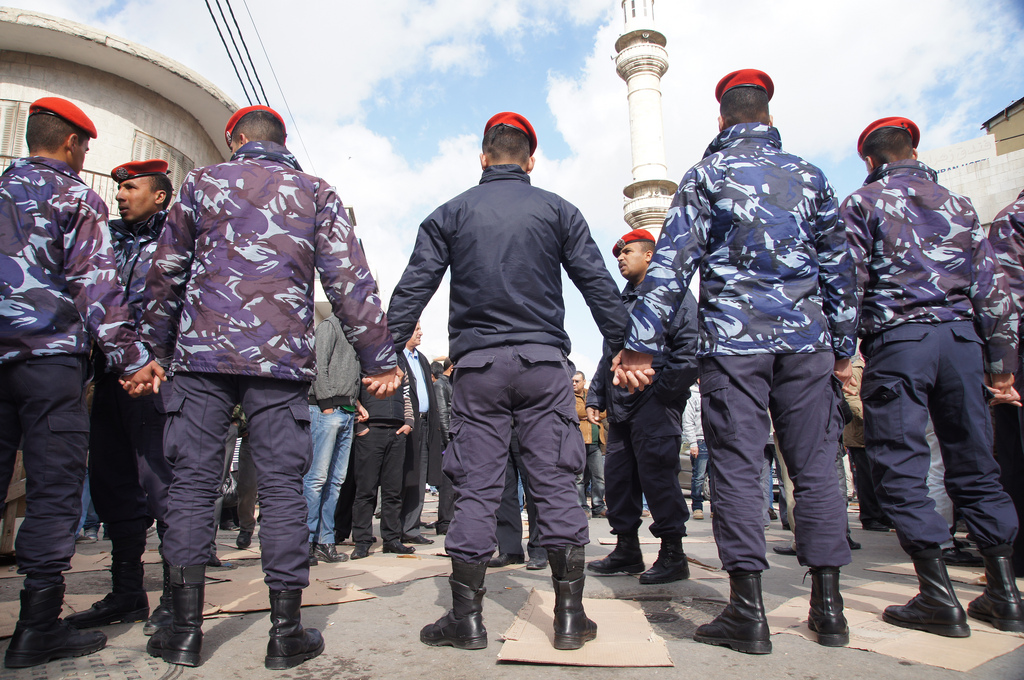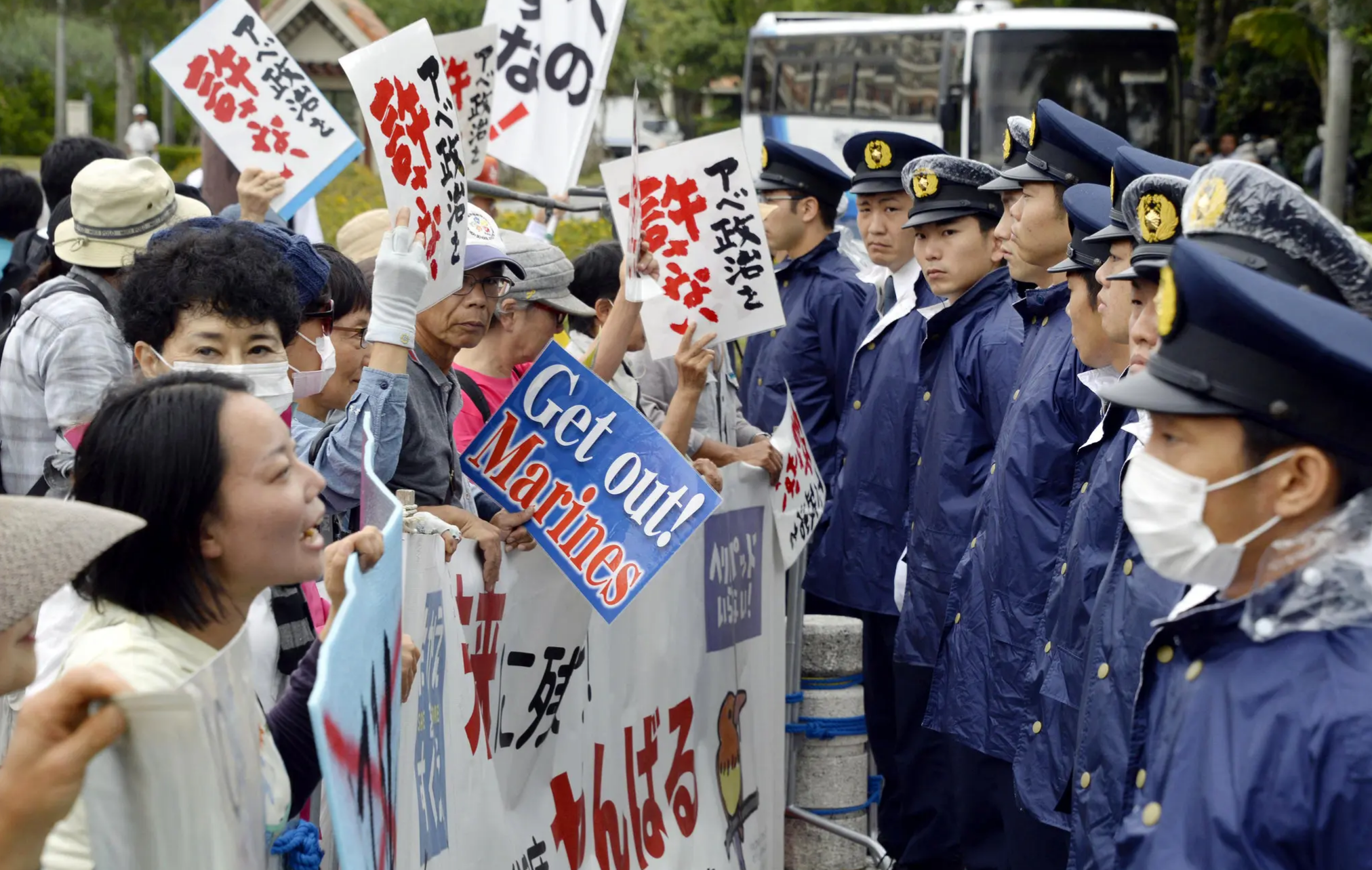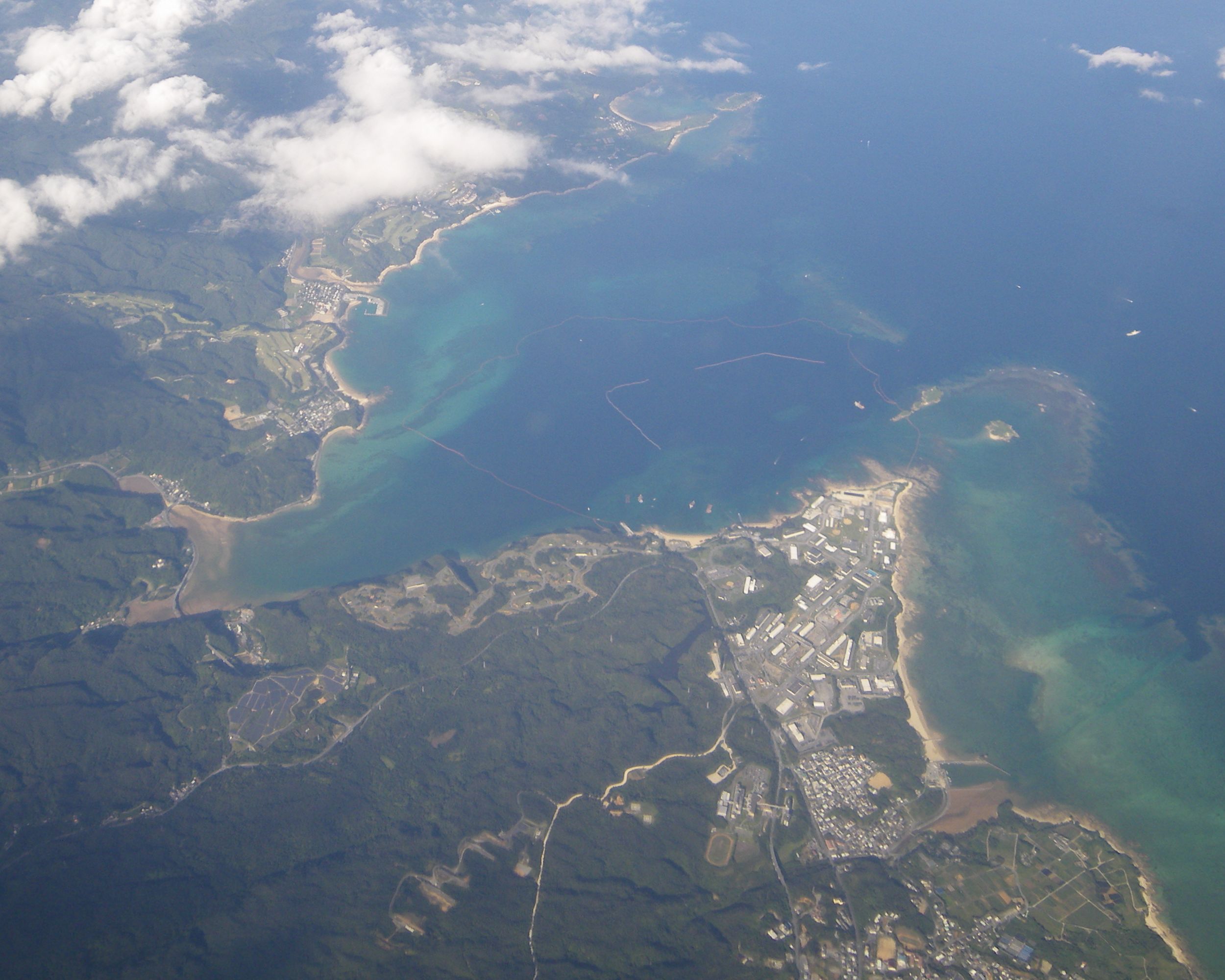On Thursday, January 22, the International Affairs Department hosted a panel discussion, “Seasons of the Arab Spring.” Contributors included Northeastern professors, Denis Sullivan, Valentine Moghadam, and Berna Turam. Visiting scholars Dr. Emily Curry and Shamiran Mako also participated in the panel. The discussion focused on five countries and their involvement in the Arab Spring: Egypt, Bahrain, Syria, Turkey, and Tunisia.
The panel began with Professor Denis Sullivan, who discussed the Arab Spring’s impact in Egypt. Utilizing political comics as a jumping off point, Professor Sullivan discussed leadership in Egypt after the Arab Spring. The cartoons demonstrated the changes in leadership following the fall of former president Hosni Mubarak. Egypt went from from military leadership (Supreme Council of the Armed Forces, SCAF), to ruling by the Muslim Brotherhood’s Mohamed Morsi, and is currently led by former defense minister, President Abdel el-Sisi.[1]
Professor Valentine Moghadam spoke of the Arab Spring’s success in Tunisia, a country that is seen as a success of the Arab Spring. A large portion of its success was due to its women’s rights. Because of the activity of feminist organizations, there was a strong bond connecting women who fought for their rights. Though still not in the majority, many women serve in Tunisian parliament today.[2] Following the Arab Spring, several political parties more inclusive to women emerged in Tunisia, such as An Nahda, Ennahda, and the PDP/Republican Party.[3]
Dr. Berna Turam, associate professor of Sociology at Northeastern, focused on Turkey’s involvement in the Arab spring. Geographically, Turkey lies on the edge of the Middle East and North Africa (MENA) region, and has been affected greatly by European influence. Turkey has had a constitution since the 1980s, which has led to a more secular government in the country. Compared to other Arab countries, which were not as affected by European influences, it can be said that the Arab Spring did not have as large of an impact in Turkey.
Dr. Emily Cury, a Carnegie Visiting Scholar, spoke of the Arab Spring in relation to Syria. Since the Arab Spring, Syria has been engaged in a violent civil war. Despite the fact the Syria is a Sunni majority country, Sunni citizens feel underrepresented by the Assad regime’s Shia government.[4] The peaceful protests that started in the Arab Spring have led to a larger call for change. The Syrian youth who make up a large percentage of the population (about 58% of the country’s population are younger than 24), are calling for change, denouncing the current regime as corrupt. These young rebel fighters aim to overthrow the Assad regime in a civil war that has been ongoing since January 2011.[4]
Professor Shamiran Mako discussed the Arab Spring in Bahrain. The Arab Spring is seen as unsuccessful in Bahrain, as the country still lacks democratic structure. The Arab Spring called for equality for Bahrain’s Shia majority, which is led under a Sunni government. It is worth noting that United States holds great interest in Bahrain – home to the U.S. Fifth Fleet, which plays a huge role in American politics in the Middle East.[5] The Fifth Fleet protects the shipping of oil for the United States and is also in close proximity to Iraq, Afghanistan, and Iran, giving the U.S. a large military presence in the region.[5] Those who engaged in protests against the regime in Bahrain were prosecuted for their actions. The Bahraini government has made it clear that anyone involved in Arab Spring or anti-government protests will be punished.[5]
The discussion ended with an audience Q&A. The Q&A sparked a discussion about secularism and democracy in the Middle East. Can there be true democracy without secularism? Is a secular democracy the goal? Many of these questions remain unanswered in the Middle East. The strife within the Middle East for democracy is ever-changing. It is difficult for even scholars to predict the future of the Middle East, and it is something to be watched for many years to come.



